Four Italian ports may be opened to Chinese investment under the Belt and Road Initiative (BRI) in the course of President Xi Jinping’s state visit to Rome this week, a prospect that has raised concerns in Brussels and Washington about China’s growing economic influence.
The ports in question are Genoa in the northwest, the Sicilian capital of Palermo and two on the Adriatic, Trieste and Ravenna.
The four are expected to be included in a memorandum of understanding signed during President Xi’s talks with Italian prime minister Giuseppe Conte.
Rome is eager to attract Chinese shipping to boost the Italian economy, which is technically in recession after generating almost no growth in 2018.
Prime Minister Conte said earlier this month: "The collaboration with China in the field of connectivity opens up great opportunities for the Italian system as the historic terminal of the ancient Silk Road. Our ports – I am thinking in particular of Genoa and Trieste – can apply for the role of terminals in Europe for the New Silk Road."
For his part, President Xi wrote in an article in Corriere della Sera: "With my visit I wish to set out together with Italian leaders the guidelines for bilateral relations and take them into a new era."
A deal may involve Chinese companies owning shares in the facilities or managing them on a concessionary basis.
Supporters of the deal say Italian law prevents outright purchase, as occurred at the Athenian port of Piraeus, which was taken over by Cosco Pacific in August 2016 – a development that was followed by an $8bn plan to revamp Athens’ Olympics complex. (See Further reading.)
Chinese companies also have a 35% stake in Euromax in Rotterdam and a 20% stake in Antwerp in Belgium, and are planning to build a terminal in Hamburg.
The New York Times reports that work is already under way in Trieste on a pier that is expected to be taken over by China, which wants better access to the heart of the European single market.
Press reports have focused on the political aspects of the Italian deal, as the EU and the US come increasingly to regard Beijing as a rival rather than a partner.
Last week, the European Commission published a joint communication describing China as "an economic competitor in the pursuit of technological leadership, and a systemic rival promoting alternative models of governance".
In Washington, Garrett Marquis, communications director for US National Security Adviser John Bolton tweeted: "Italy is a major global economy and great investment destination. No need for Italian government to lend legitimacy to China’s infrastructure vanity project."
On Monday, China’s foreign minister Wang Yi presented a 10-point plan for joint action on bilateral ties in Brussels. He told reporters: "Co-operation is a mainstay of China-Europe relations. For the past, the present and the future, it will always be the same."
Prime Minister Conte said his government would not ignore European rules on commercial transparency and national security, and added that any deal "does not remotely put into doubt our euro-Atlantic alliance".
President Xi’s visit will begin tomorrow, 21 March. He will also visit France and Monaco.
Image: Trieste, the port where Marco Polo departed on his trip to China (Dreamstime)
Further reading:
Comments
Comments are closed.





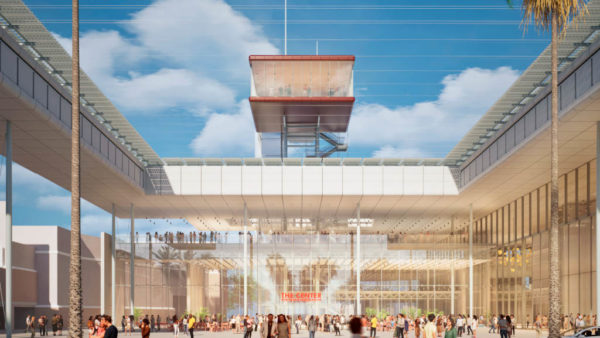
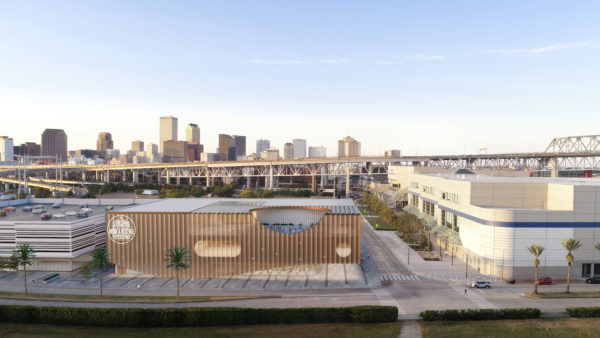

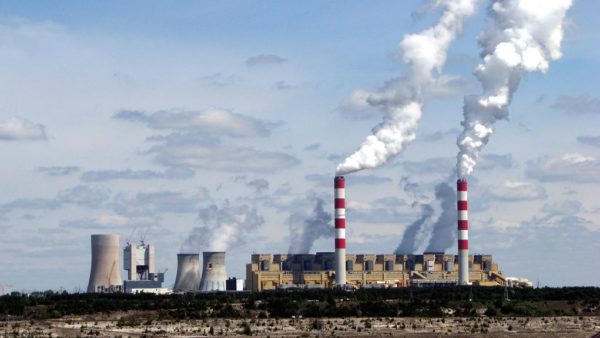
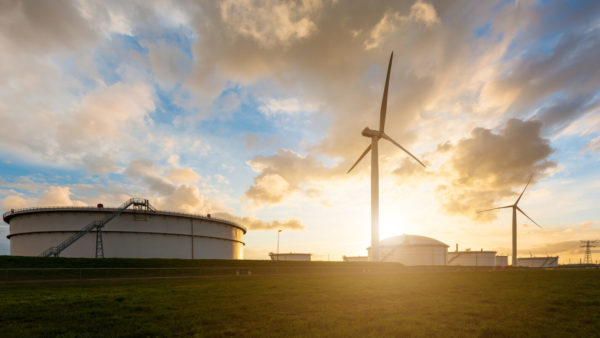
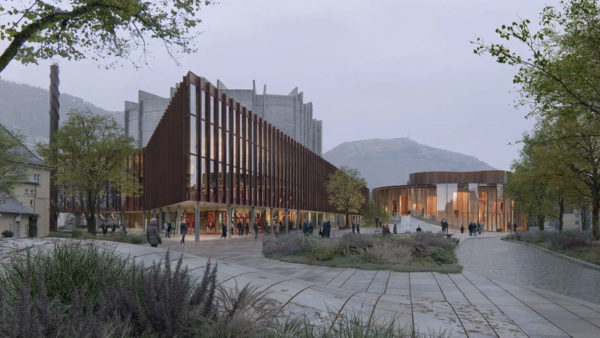
Not loud enough